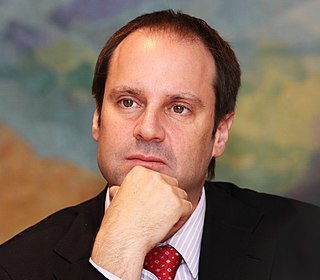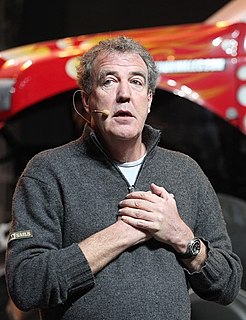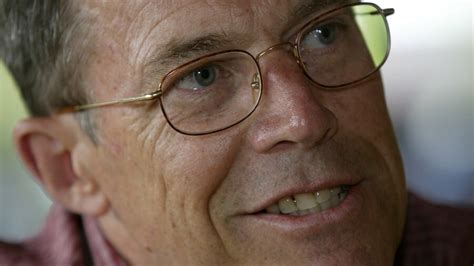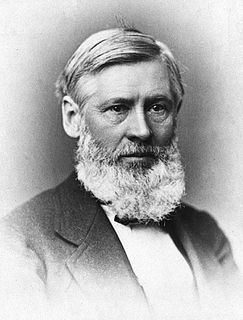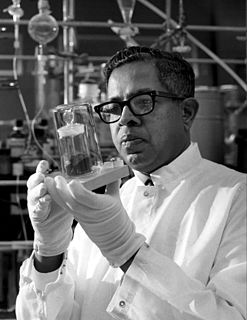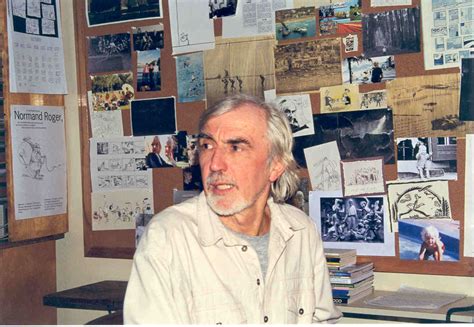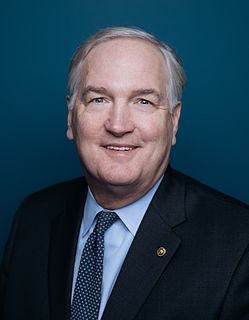Top 1101 Carbon Footprint Quotes & Sayings - Page 15
Explore popular Carbon Footprint quotes.
Last updated on April 21, 2025.
One of the reasons the United States has actually been reducing its emissions in recent years is actually that there's been a boom in natural gas. It's displacing coal. It emits less carbon dioxide when you burn it. This is not really an Obama policy. It's just something that happened because of technology and the free market.
All over the world, social innovation is tackling some of the most pressing problems facing society today - from fair trade, distance learning, hospices, urban farming and waste reduction to restorative justice and zero-carbon housing. But most of these are growing despite, not because of, help from governments.
Does anyone really imagine for a moment that my wife gives two stuffs about global warming? She certainly did not appear to be all that bothered on Thursday evening when, during the great carbon-saving switch-off, I ran round the house furiously turning on every light, hair dryer, dishwasher and toaster.
We don't need a War on Carbon. We need a new prosperity that can be shared by all while still respecting a multitude of real ecological limits - not just atmospheric gas concentrations, but topsoil depth, water supplies, toxic chemical concentrations, and the health of ecosystems, including the diversity of life they depend upon.
We can look back through ice-core data and see over 800,000 years, relationships between carbon dioxide and the temperature of the world. So those people who deny the importance of climate change are just wasting their time. They're also being diversionary because if we don't act the risks are enormous.
For carbon-neutral cities, there are things worth talking about in how our consumption patterns can change - sharing goods, etc. - but those are a fraction of the impacts of transportation and building energy use. If we need to choose priority actions, the most important things are to densify, provide transit, and green the buildings.
There is no strong evidence to prove significant human influence on climate on a global basis. The global cooling trend from 1940 to 1970 is inconsistent with models based on anthropogenic carbon dioxide emissions. There is no reliable evidence to support that the 20th century was the warmest in the last 1000 years.
Even if every major government were to slap huge taxes on carbon fuels - which is not going to happen - it wouldn't do much to halt climate change any time soon. What it would do is cost us hundreds of billions - if not trillions - of dollars, because alternative energy technologies are not yet ready to take up the slack.
Politicians can either keep listening to a small number of polluting fossil fuel companies, who're keen to profit from keeping us hooked on oil, coal and gas, or they can listen to the majority of other voices from civil society to business calling for an urgent switch to low and zero carbon heat and power.
We're clearly not going to stop global warming at this point. We've already raised the temperature of the planet one degree. We've got another degree in the pipeline from carbon we've already emitted. What we're talking about now is whether we're going to have a difficult, difficult century, or an impossible one.
President Bush insisted today that he was not caving in to big-money contributors, big-time lobbyists, and overall industry pressure when he broke a campaign promise to regulate carbon dioxide emissions from power plants. But the air was thick today with accusations from people who believe that's exactly what happened.
God, we don't have nearly enough skilled carpenters, electricians, plumbers for the work that needs to be done in taking every single building in Canada and making it carbon-zero, a net-neutral building, by improving insulation, modernizing furnaces, improving the geothermal possibilities, heat pumps.
Kyoto is likely to yield far less than the targeted emissions reduction. That failure will most likely be papered over with creative accounting, shifting definitions of carbon sinks, and so on. If this happens, the credibility of the international process for addressing climate change will be at risk.
No chemical compound in the atmosphere has a worse reputation than CO2, thanks to the single-minded demonization of this natural and essential atmospheric gas by advocates of government control and energy production. The incredible list of supposed horrors that increasing carbon dioxide will bring the world is pure belief disguised as science.
The billions being spent on Trident replacement would be much better spent on investing in developing the infrastructure we need for a zero-carbon economy, as well as in protecting public services. To use the money on a project that makes Britain and the world a far more dangerous place is politically irresponsible and economically obscene.
Think of the actual physical elements that compose our bodies: we are 98 percent hydrogen and oxygen and carbon. That's table sugar. You are made of the same stuff as table sugar. Just a couple of tiny differences here and there and look what happened to the sugar: it can stand upright and send tweets.
Ecology also teaches that all life on earth can be viewed as a competition among species for the solar energy captured by green plants and stored in the form of complex carbon molecules. A food chain is a system for passing those calories on to species that lack the pant's unique ability to synthesize them from sunlight.
In a fair society, the solution to unemployment is not to force people into workfare programmes which do little more than supply big companies with free labour. It's to create jobs that pay a living wage, for example, by investing in new sustainable infrastructure projects and boosting the jobs-rich low carbon economy.
We can come up with a working definition of life, which is what we did for the Viking mission to Mars. We said we could think in terms of a large molecule made up of carbon compounds that can replicate, or make copies of itself, and metabolize food and energy. So that's the thought: macrocolecule, metabolism, replication.
Is the warming unprecedented? Probably not. There is abundant historical and proxy evidence for both hotter and cooler periods in human history. Is it our fault? Again, maybe. The correlation of increasing warmth with increasing carbon dioxide concentrations is particularly weak; that with solar energy and with ocean movements is much stronger.
I know that, except for carbon, there would be no life in the universe. Except for this one atom, there would be no life. Well, why? When you think about it, it does get spooky. Encountering these molecules are spiritual experiences similar to what I remember in church as a child, only these are more serious.
1.5 billion people lack proper access to electricity. Many buy kerosene, which can cost 30 percent of their income. It sends millions of metric tons of carbon dioxide into the atmosphere every year. And often the lamp will fall over and catch the house on fire. So mothers hate it, but it's their only option.
In the wake of the disaster caused by Tropical Storm Sandy, various allies of the Obama campaign have rushed to claim that the event was caused by anthropogenic global warming, thereby justifying the president's program of crushing the economy with regressive carbon taxes, a supposedly necessary measure to prevent future bad weather.
Many of the artifacts of my house had become potential devices for my own destruction: the attic rafters (and an outside maple or two) a means to hang myself, the garage a place to inhale carbon monoxide, the bathtub a vessel to receive the flow from my opened arteries. The kitchen knives in their drawers had but one purpose for me.
Carbon capture and storage, its commercial development.. is going to be the key to the future of coal. If it is successful commercially, then the Australian coal sector will be a center of prosperity and growth; if it's not successful then it won't be. I think in the long run it's as simple as that.
I think that once people understand the great risks that climate change poses, they will naturally want to choose products and services that cause little or no emissions of greenhouse gases, which means 'low-carbon consumption.' This will apply across the board, including electricity, heating, transport and food.

